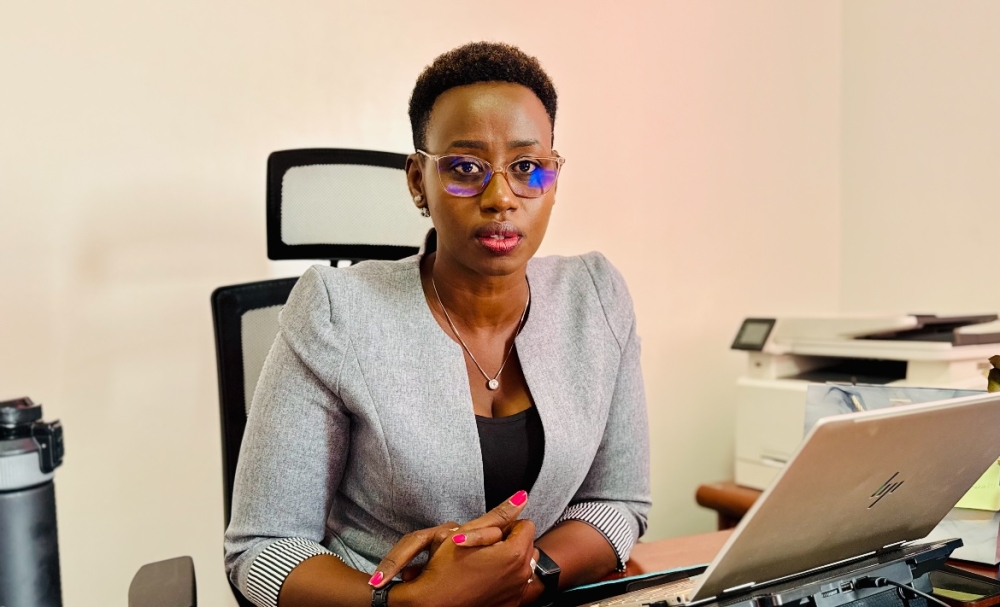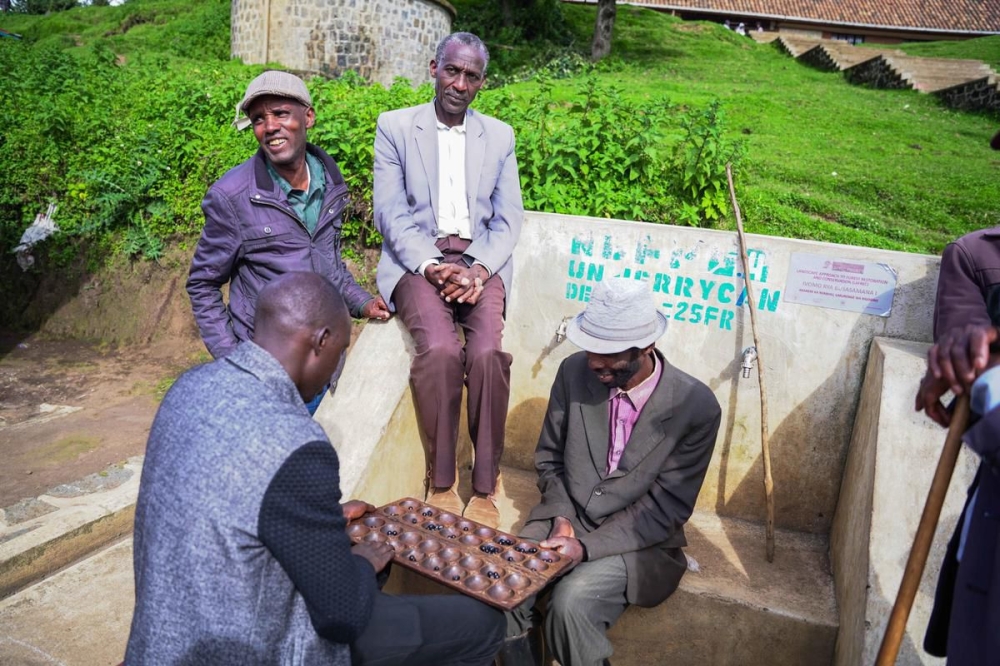This week’s decision by Luis Moreno-Ocampo, chief prosecutor of the International Criminal Court (ICC), to indict Sudan’s president, Omar al-Bashir, for genocide has been received with mixed feelings. As the bodies of five Rwandan peacekeepers killed in Sudan were received by grief-stricken relatives, there were those screaming for justice while others fear that the indictment will bring even more bloodshed and suffering to Darfur. This is the first time the ICC has gone after a head of state and there are worries that if the court withholds an indictment in the hope that Bashir will cooperate with the United Nations, it will undermine the court’s credibility and do little to deter other tyrants.

This week’s decision by Luis Moreno-Ocampo, chief prosecutor of the International Criminal Court (ICC), to indict Sudan’s president, Omar al-Bashir, for genocide has been received with mixed feelings.
As the bodies of five Rwandan peacekeepers killed in Sudan were received by grief-stricken relatives, there were those screaming for justice while others fear that the indictment will bring even more bloodshed and suffering to Darfur.
This is the first time the ICC has gone after a head of state and there are worries that if the court withholds an indictment in the hope that Bashir will cooperate with the United Nations, it will undermine the court’s credibility and do little to deter other tyrants.
Bashir has shown that he is unlikely to cooperate. For months Moreno-Ocampo has been dropping hints about what he might do if Bashir failed to stop the atrocities being carried out by Sudanese forces and the government-backed janjaweed militia, and if he continued to refuse to hand over to the court the two men indicted over a year ago for war crimes in Darfur: his own minister for humanitarian affairs, Ahmad Harun, and Ali Kushayb, a janjaweed leader.
But the killing, raping, bombing of schools, torching of villages and attacks on peacekeepers and aid workers have all continued with equal ferocity. And instead of handing over the two men, Bashir promoted Harun and freed Kushayb from jail in Khartoum.
The ICC acts independently but there is a clause that gives the UN Security Council the power, under Article 16 of the ICC’s charter, to suspend for a period of 12 months, with indefinite renewal, any investigation or prosecution. Many, fearing a fierce backlash from Bashir’s indictment, are now urging it to do so.
In the past five years, some 300,000 Darfuris have died and several million were forced to flee their homes. Things could get far worse. Peacekeepers and aid workers, already under attack, could be thrown out, threatening the lives of the millions who depend on them for food, health and relative security. The separate fragile peace between the north and south of Sudan could fall apart.
The ICC, which this week celebrates its tenth anniversary, cannot afford to lose credibility and must remain consistent. The Security Council, for whom this is an unprecedented situation, are expected to await Bashir’s movements but it is unlikely that the decision will get any easier.
Ends




